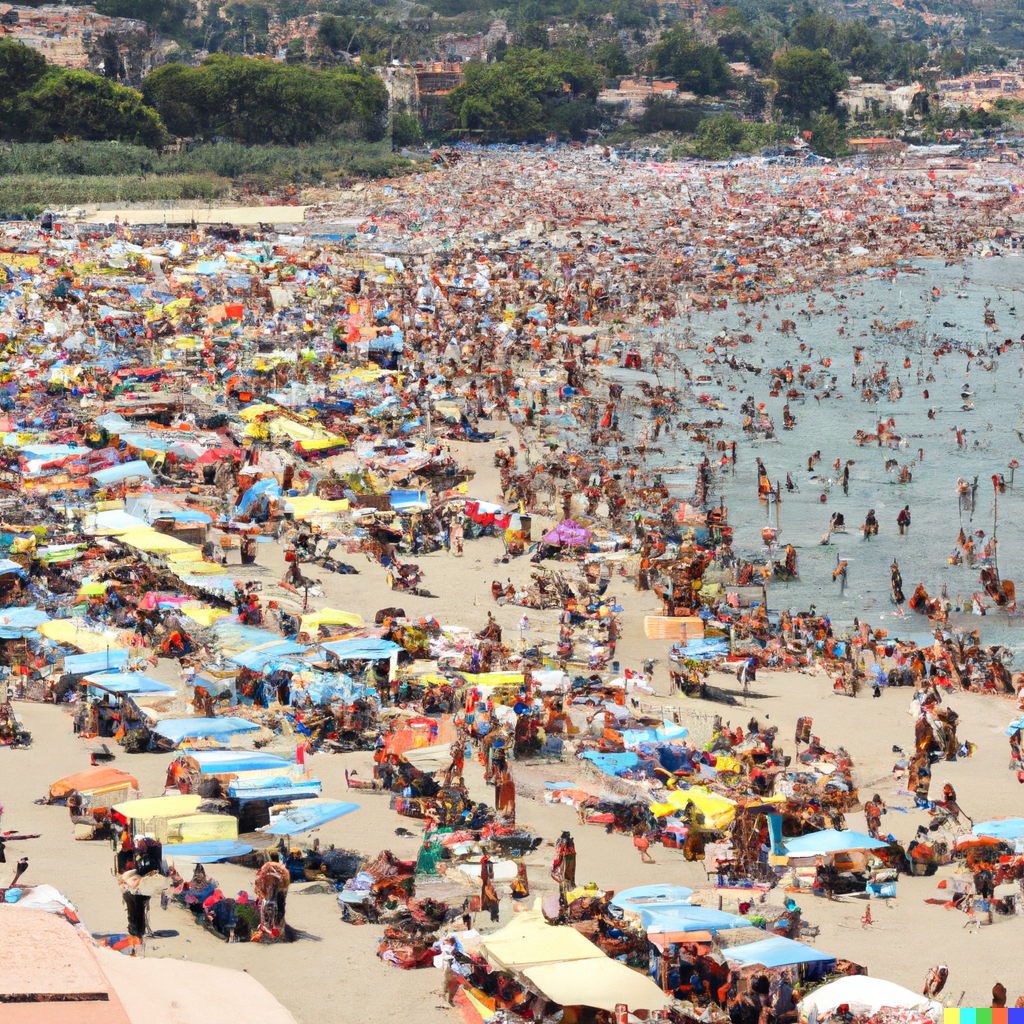Competition

Six gatekeepers are appointed by the European Commission, tasked with imposing on Big Tech the obligations in the Digital Market Act. That Act imposes regulation that is innovative in some respects, although related to competition law. This contribution considers the regulation that became effective this year, the grounds for its approval, and the gatekeeper role.
Read More
Competition, regulation and State intervention in the economy
Marcello Clarich | 16 June 2023 | Issue 2/2023
The paper deals with the increased intervention of States in the economy in a historical phase of de-globalisation and changing geopolitical balances. Tensions are arising in the relations between the European Union and the United States as a consequence of the approval of the Inflation Reduction Act in 2022, that encourages productive investments located in the United States, thereby altering competition. The paper dwells on the Italian “golden power” regulation that introduces public control that significantly affects freedom of enterprise. The paper ends with the hope that the increased intervention of the State will not frustrate the achievements of the regulatory State, established since the 1980s in Western countries.
Read More
Competition and regulation informed by residuality principle, in a changing world
Nicoletta Rangone | 1 June 2023 | Issue 2/2023
The paper suggests the rise of a modern principle of residuality, which exceeds the balance between regulation and competition. This principle calls for the justification of regulation in terms of necessity. Problem drivers should be also taken into consideration, as well as the regulatory content. The problem drivers appear to be enriched compared to the traditional ones, whilst also being disentangled from problems that have already materialized so as to embrace a prospective and anticipatory approach.
Read MoreThe Council of State clarifies that during the selection procedures for external lawyers, the Public Administration must verify that the price offered is respectful of the principle of fair remuneration (“equo compenso”), which can protect the legal profession from anti-competitive practices and ensure the quality of the service.
Read More
State-owned maritime concessions and the need for a competitive selection procedure: for the Council of State, the use of tenders is not imperative
Alessia Monica | 21 March 2023 | Issue 1/2023
The Council of State, with its judgment n. 11664/2022, deemed as unlawful the decision of the Gaeta municipality to deny the assignment of a new State-owned maritime concession and, particularly, the public administration's choice to recur to a tender procedure. Although in consideration of the effectiveness of the EU legal framework claiming for a «selective procedure» based on impartiality and transparency, the judges pointed out how this concession should be granted in compliance with the general principles of a «comparative evaluation» as already set out in article 37 of the Italian Navigation Code. The tender procedure is, instead, to be used as from 2024, according to the dead-line indicated to the legislator by the Plenary Assembly of the Council of State (decisions n. 17 and 18 of 2021) to carry out a structural reform of the bathing-facilities sector.
Read More